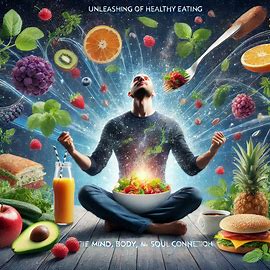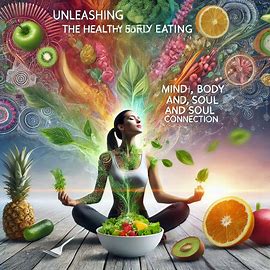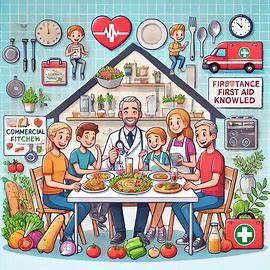Healthy Eating Guidelines
Unleashing the Power of Healthy Eating: The Mind, Body, and Soul Connection

- Exploring the Concept: Understanding the intricate balance between what we eat and our overall well-being, focusing on nourishment that replenishes mind, body, and soul.
- Exercise Daily: Discuss the significance of integrating daily physical activity with nutritious eating to optimize health benefits.
- Hydration is Key: Highlighting the importance of drinking water as a foundational element of healthy eating and explaining how it supports physical and mental functions.
- Navigating Processed Foods: The risks associated with processed foods and how to avoid them for a healthier lifestyle.
- Your Body as Your Greatest Asset: Emphasizing the value of treating the body with respect and care through mindful eating and lifestyle choices.










9 comments